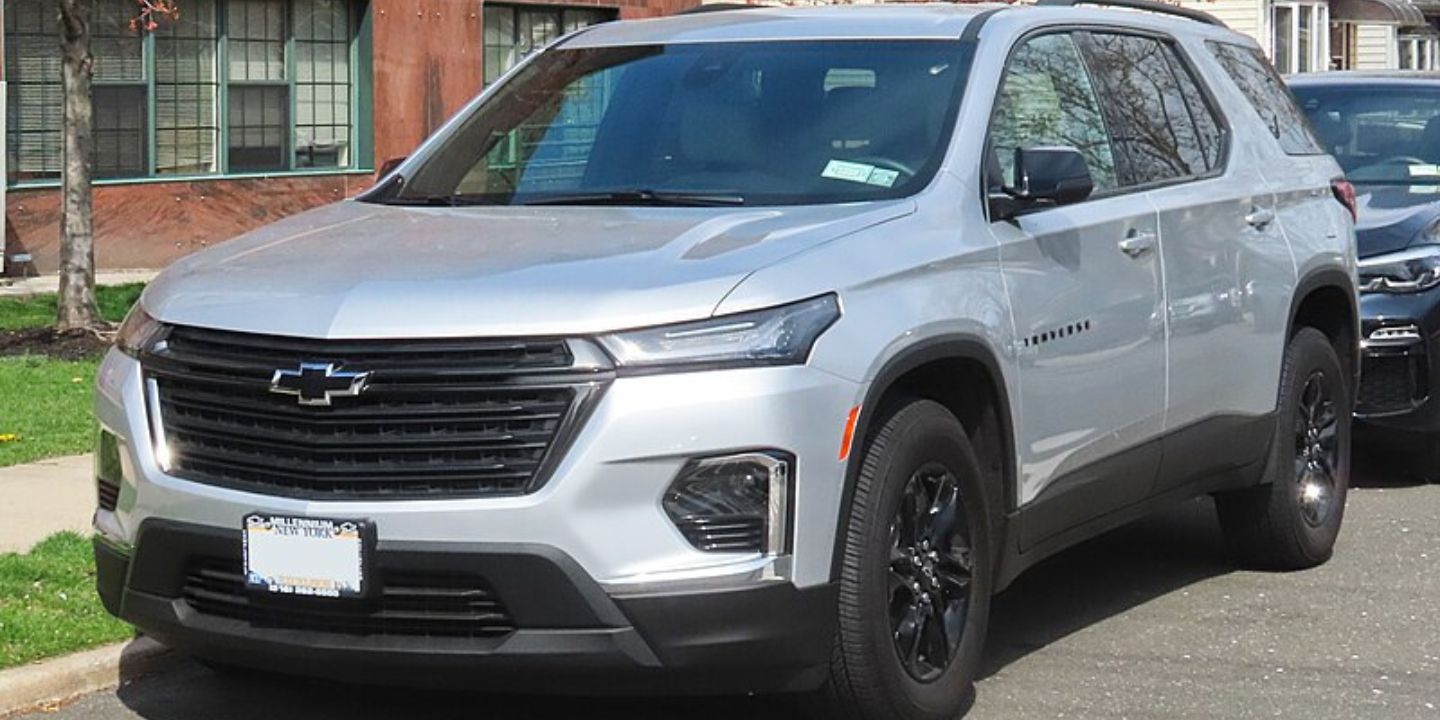10 Warning Signs Your Teen Is an Unsafe Driver & 10 Ways to Help Them Build Better Habits
10 Warning Signs Your Teen Is an Unsafe Driver & 10 Ways to Help Them Build Better Habits
Red Flags Behind the Wheel
It can be both exciting and nerve-wracking the first time you hand your teen the car keys. And that's no surprise: driving gives them independence, but it also comes with serious risks if they're not responsible behind the wheel. If you're wondering whether your teen is an unsafe driver—or have already noticed some warning signs—it might be time to step in. Here are 10 red flags to look out for, and 10 ways to help your teen build safer habits on the road.
1. They Use Their Phone While Driving
A telltale sign that your teen is an unsafe driver is if you catch them using their phone while they're behind the wheel. Even if they put their phone away when you're in the car with them, if they answer your call when you know they're on the road, that's how you know they're likely driving distracted.
2. They Tailgate
Do they tailgate other cars and seem impatient whenever they're behind the wheel? This might signal that they're not usually calm when driving, but feel as if they own the road and that others should yield to them. Tailgating also leaves virtually no room for reaction time, which means they're more likely to get into fender benders.
3. They Speed
Does your teen often drive much faster than the posted limit? If so, this is a classic sign that they're an unsafe driver. They may also do it to impress their friends or to seem "cool" on the road, despite knowing that speeding puts them, their passengers, and other drivers in danger.
4. They Sometimes Forgo Their Seatbelt
If you ever catch your teen not wearing a seatbelt, that might be a sign that that's become their habit. They may even make excuses when confronted, such as saying, "It's just a short trip," or "I don't do it all the time." But if they've done it once and don't correct their habits, they'll do it again.
5. There's Garbage or Makeup in the Car
If you find that there are wrappers, makeup palettes and brushes, and other miscellaneous items in your teen's car that shouldn't be there, this might be another sign that their attention isn't solely focused on the road when they drive. And it should go without saying that distracted driving, no matter how it happens, is always dangerous.
6. They Blast Music
Can you always tell when your teen is coming home due to how loud their music is? If they're constantly blasting their favorite tunes behind the wheel, it may indicate that they're not the safest driver. After all, they—and other drivers—may not be able to hear audible cues on the road through the loud music.
7. They Always Have a Friend or Two in the Car
It's fine if your teen wants to drive their friends, but it's important that they keep to the rules. As a new driver, there may be different restrictions and regulations enforced by each state that they'll need to follow. That means if they're not supposed to be driving others but do so anyway, they're deliberately ignoring those rules.
8. They've Had Close Calls
Has your teen had any close calls on the road? Maybe they just narrowly avoided a collision while making a turn or almost scratched a car while rushing to park. It's fine if these mistakes are minor and they try to learn from them, but if they happen time and time again, it might be time to pause their driving privileges.
 Sean MacEntee from Monaghan, Ireland on Wikimedia
Sean MacEntee from Monaghan, Ireland on Wikimedia
9. They Drive Outside Their Curfew
Driving outside the curfew you've enforced as their parent is one thing, but if your state states that new drivers should not be driving past midnight, your teen needs to follow this rule, too. If they aren't, then it's your responsibility to confront them.
10. Short Temper on the Road
Another warning sign that your teen might be an unsafe driver is if they frequently have a short temper on the road. They might blast their horn excessively, roll their window down to shout at other drivers, or do dangerous maneuvers to get around other cars. Once they form this habit, it can be hard to break, so it's important to step in before it gets worse.
How, then, can you help your teen build better habits on the road so that they become safer drivers? Here are 10 ways:
1. Be a Good Role Model
Practice what you preach. If you want your teen to be an excellent, safe, defensive driver on the road, you'll need to show them what that looks like. Every time they're your passenger, make sure to model what safe driving habits look like, from buckling up to keeping to the posted speed limit.
2. Enforce Clear Rules
Enforce clear rules with your teen, and don't be afraid of being a little stricter if they've picked up numerous harmful habits. Whether it's setting a tighter curfew (for example, no driving past 10PM) or having no more than one friend in the car, enforcing these rules can help reduce risky situations and correct their behavior behind the wheel.
 Photo By: Kaboompics.com on Pexels
Photo By: Kaboompics.com on Pexels
3. Know the Facts
Educate yourself on the facts so you can share the stats when you talk with your teen. Sometimes, hearing numbers can put things into better perspective and make the dangers of driving seem more real than abstract. This might push your teen to want to be a safer driver.
 Clark Van Der Beken on Unsplash
Clark Van Der Beken on Unsplash
4. Discuss the Dangers on the Road
Talk to your teen about common dangers on the road, such as driving in bad weather, dealing with aggressive drivers, or navigating through congested streets. The more you educate them on what they could encounter behind the wheel, the better equipped they are to deal with them calmly and safely.
5. Discuss the Dangers of Distracted Driving
Distracted driving kills. In fact, it's one of the leading causes of accidents on the road; driving while texting, as reported by the National Highway Traffic Safety Administration, is six times more dangerous than driving impaired. Make sure to educate your teen about just how dangerous it is to use their phone, eat, apply makeup, or do anything else when they should be focused on driving.
6. Have Open Communication
Establish open communication with your teen and talk to them with a tone that's both supportive and understanding; you might even want to try sharing driving stories from when you were a novice on the road. The key is to build a safe space where your teen isn't afraid to ask questions or be vulnerable, as this will make them more likely to listen to feedback.
7. Be Their Passenger
Stay involved even after your teen gets their license. Be their passenger and have them drive you to run errands. This way, you can observe their driving habits and make sure they're being safe behind the wheel, and correct bad habits before they get worse.
8. Address Peer Influence
Teens are impressionable, and peer pressure may make them engage in reckless behavior to "impress" others. They might even think it's fine to drink and drive if their friends are doing the same. It's important to step in as a parent and establish clear boundaries so your teen doesn't partake in risky behavior.
9. Reward Safe Driving Habits
When your teen shows improvement and takes feedback seriously, reward them for driving safely, such as easing rules you've enforced or treating them to something special. The key is to encourage them to build good habits, and positive reinforcement can go a long way.
10. Maintain a Positive Attitude
It's also important that you don't approach your teen with an aggressive tone or constantly criticize them when they're behind the wheel; this can backfire and make them go against you even more. Instead, maintain a positive, supportive attitude that encourages them to want to be safer, and helps them build confidence behind the wheel.

























